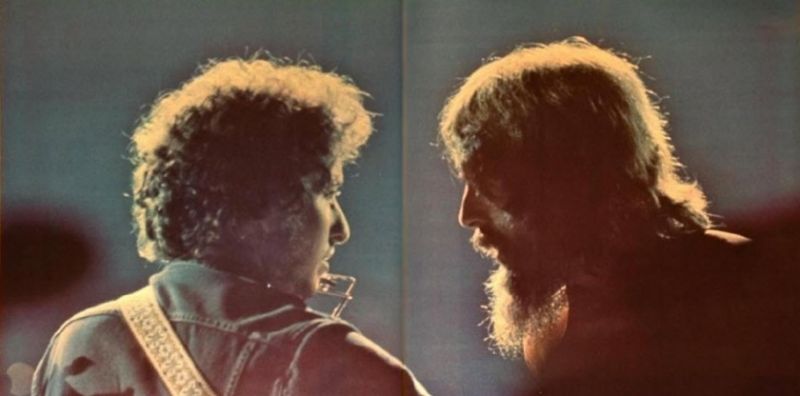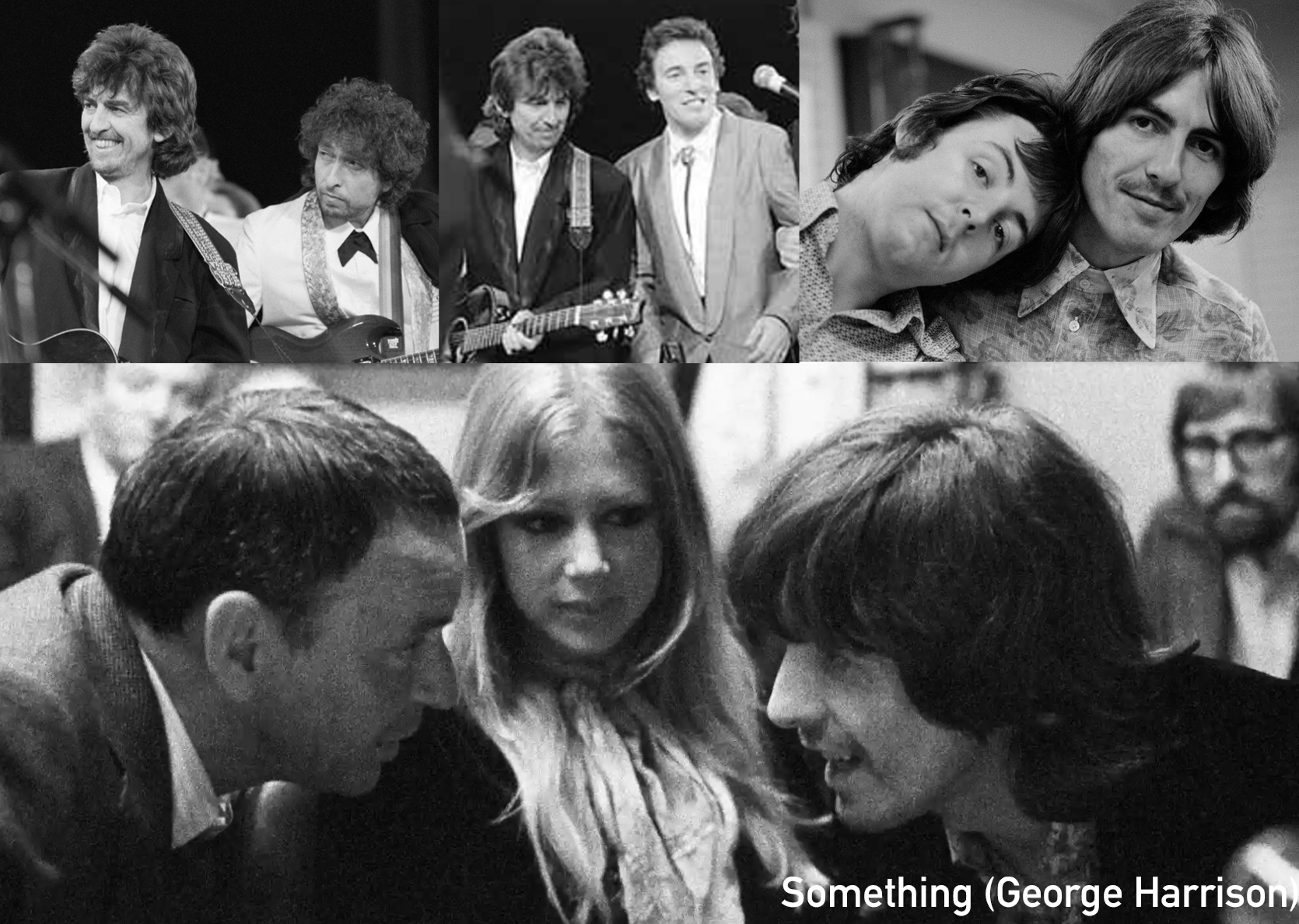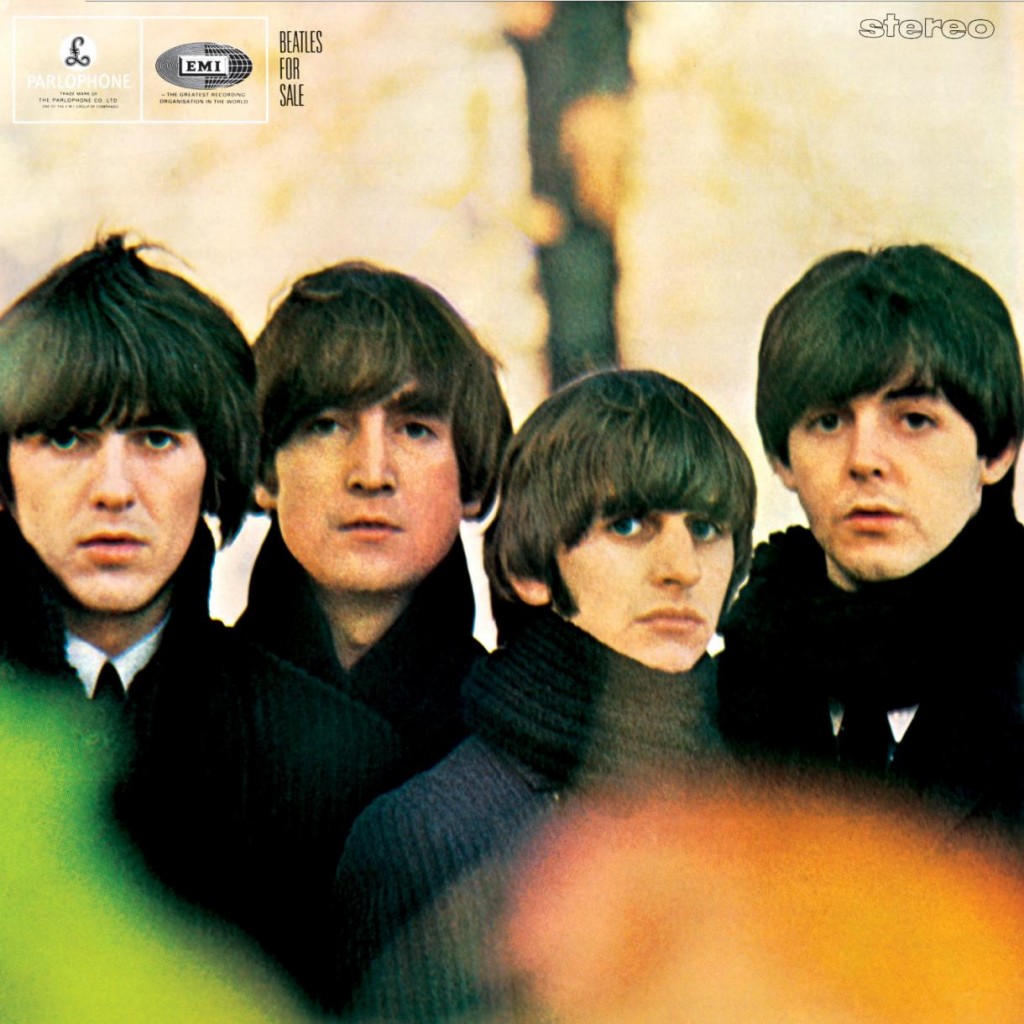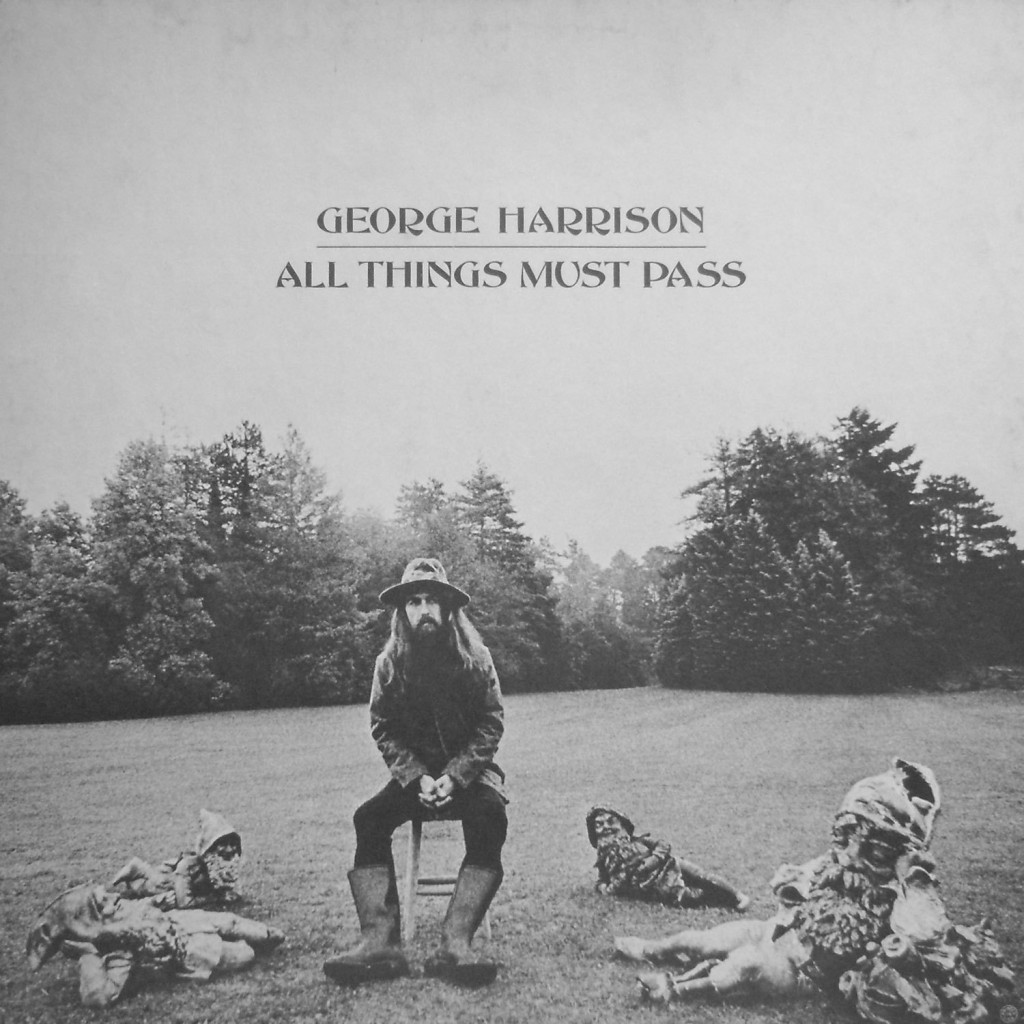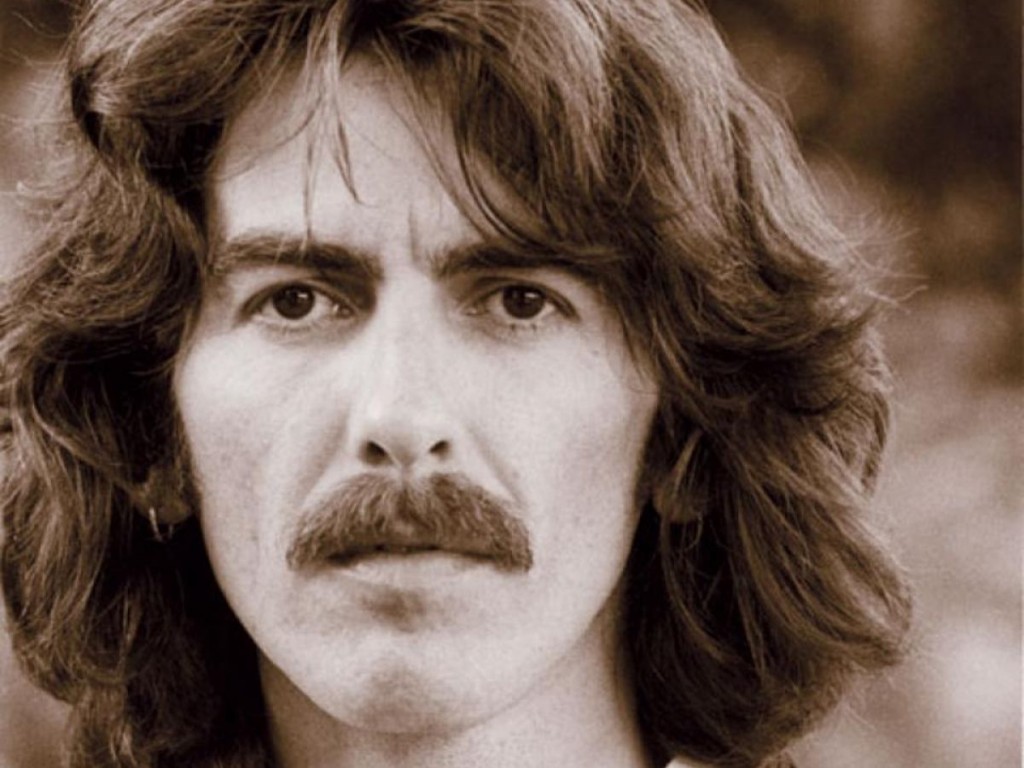Bob Dylan & George Harrison: August 1, 1971, New York
| The Concert for Bangladesh (or Bangla Desh, as the country name was spelt originally) was the name for two benefit concerts organised by George Harrison and Ravi Shankar, held at 2.30 and 8 pm on Sunday, 1 August 1971, playing to a total of 40,000 people at Madison Square Garden in New York City. The shows were organised to raise international awareness and fund relief efforts for refugees from East Pakistan (now Bangladesh), following the 1970 Bhola cyclone and the civil war-related Bangladesh atrocities. The concerts were followed by a bestselling live album, a boxed three-record set, and Apple Films’ concert documentary, which opened in cinemas in the spring of 1972.The event was the first-ever benefit concert of such a magnitude and featured a supergroup of performers that included Harrison, fellow ex-Beatle Ringo Starr, Bob Dylan, Eric Clapton, Billy Preston, Leon Russell and the band Badfinger. In addition, Shankar and another legend of Indian music, Ali Akbar Khan, performed a separate set. Decades later, Shankar would say of the overwhelming success of the event: “In one day, the whole world knew the name of Bangladesh. It was a fantastic occasion …” ~Wikipedia |
[vc_row][vc_column][vc_message message_box_color=”mulled_wine” icon_fontawesome=”fa fa-quote-left”]This was Dylan’s first live performance in two years. Harrison had to twist his arm to get him to take part in the benefit concert, and we can be very glad he did: it’s a stunning performance (both shows), modest, confident, richly textured, with Dylan feeling and communicating genuine love for the music he’s playing (in the case of” Blowin’ in the Wind” this was his first public performance of the song in seven years). Most of all, Dylan’s voice on this midsummer afternoon and evening has a rare, penetrating beauty that is immediately noticeable to almost anyone who hears it. This is, in a very real sense, the Dylan a large part of his audience dreams of hearing; this is the voice to fit the stereotyped or mythic image of Bob Dylan, guitar strumming poet laureate of the 1960s.
~Paul Williams (Bob Dylan Performing Artist I: The Early Years 1960-1973)[/vc_message][/vc_column][/vc_row]
